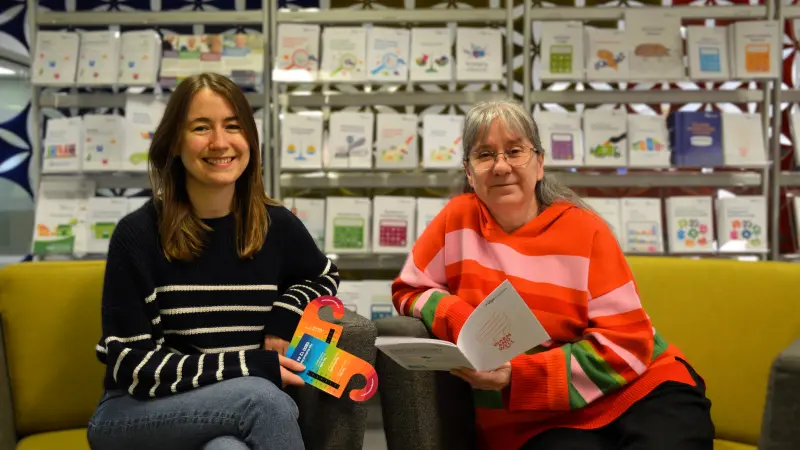Celebrating the older female tech pioneers

The theme of this year’s International Women’s Day is women is ‘inspire inclusion’ which encourages the celebration of diversity and empowerment of women in all areas of life.
One sector in which women have historically been overshadowed by men is the fast-moving world of digital technology. The best known names currently at the top of the modern tech industry are men – with Bill Gates, Elon Musk and Mark Zuckerberg dominating the field.
But did you know that a female mathematician, Ada Lovelace is credited with being the first computer programmer, for notes she wrote in the early 19th century which explained how an engine could turn calculation into computation, long before a computer existed. It took until the 1950s, when her notes were republished, for her groundbreaking work to be more widely recognised but now Ada Lovelace Day is celebrated annually on the 2nd Tuesday in October to raise the profile of women in Science, Technology, Engineering and Mathematics (STEM) and celebrate women tech pioneers.
The two World Wars in the 20th century provided more job opportunities in science, engineering and mathematics for women. At Bletchley Park, where British intelligence services ran a top secret codebreaking operation, 75% of the 10,000 or so employees were women. However their roles as analysts were downplayed and labelled ‘secretarial’. It wasn’t until these women were much older that their vital work was properly recognised. Sadly, some of them did not live to see the appreciation for their efforts.
Some of the post-war female tech pioneers who shaped the industry we know today are still alive. Mary Wilkes, 86, worked for IBM in the US in the 1960s where she designed and wrote the operator’s manual for the first console design. She also helped develop the first personal computer and was the first person to have a PC in her own home.
Elizabeth Feinter, 92, was director of the Stanford research institute’s network information systems (described by Women in Technology as a ‘prehistoric Google’) in the 1970s and 80s. She is credited with developing the domain name system and introducing domain protocol including dot com and dot gov.
Adele Goldberg, 78, is best known for helping to develop a system called Smalltalk, an infrastructure and design known as Graphical User Interface, and presenting it to Steve Jobs who later used the ideas in his early Apple products. Her work can still be seen in today’s Apple desktop environment.
On International Women’s Day it’s important to remember that including and recognising the contribution of women in all industries, especially traditionally male-dominated ones, helps bring about change and improvement.
Next time you log onto your laptop, open your iPad or look at your mobile phone, spare a thought for older female digital pioneers who help create your daily tech.


